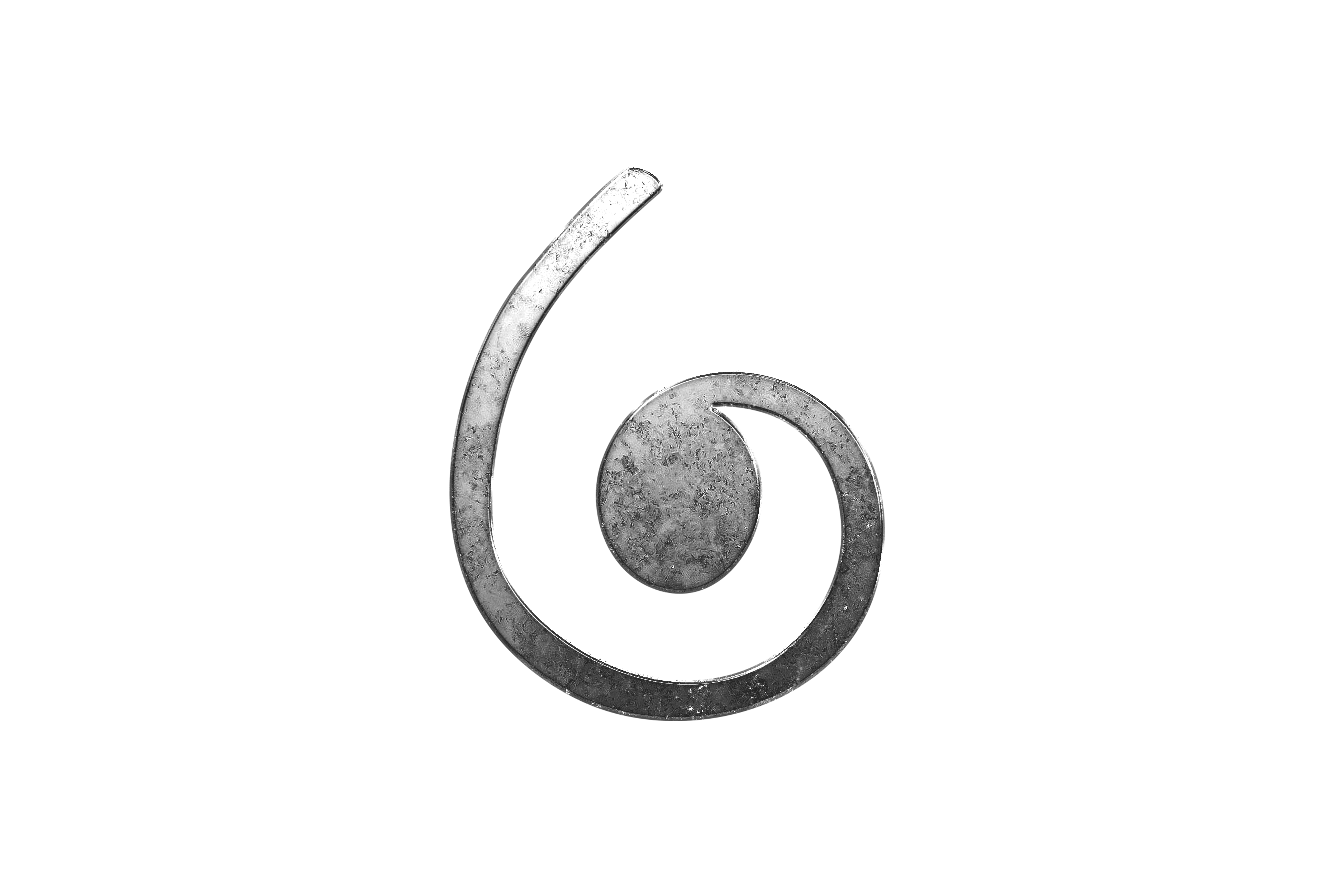In the dark recesses of the world, where ancient maps blur beneath the traces of history and peoples have built their cities on forgotten lands, lies a sacred name, an ancient land, a memory buried in the very roots of humanity. Alkebulan . This name, like a whisper in the wind, evokes the history of a vast land, a continent whose secrets are only partially revealed. Yet the greatness of this place is not found solely in its geographical borders, but in the souls it has nurtured, the empires it has forged, and the gods it has honored.
The Ancient Name
Alkebulan . Many have forgotten it. Some still know it, but have relegated it to the distant ages, forgetting that it is the original name of what is now called Africa . But in the veins of this word lies a story greater than anything one could imagine. Alkebulan, the Land of the First Men, the origin of so many civilizations that flourished on its soil. A name sung by the ancients, whispered by the ancestors, and forgotten by those who wanted to rewrite history in their own image.
Alkebulan means "Land of Men" or sometimes "Land of Origins" in certain traditions of African peoples. It is a name that carries within itself the promise of unity, of a land where all peoples are born and meet again. But like any sacred land, it has been flayed, conquered, and divided. Its kingdoms, its kingdoms of yesteryear, have been swallowed up by the waves of time, but their echo continues to resonate in the mountains, the rivers, and in the hearts of its descendants.
The Forgotten Empires of Alkebulan
From the kingdoms of Kush to the civilizations of Mali , from Carthage to the mysterious cities of Zimbabwe , Alkebulan was a place where knowledge, magic, war, and glory mingled in ballets of power and suffering. These kingdoms forged empires that, at their height, dominated vast territories, exchanged knowledge with the East, and built monuments whose stones, now crumbling, still tell tales of grandeur.
The Kingdom of Mali , an empire whose legends were woven in gold and wisdom, was home to Timbuktu , the city of intellect. There, scholars from all walks of life gathered to discuss, teach, and honor the gods. Mansa Musa , its most legendary ruler, made a pilgrimage to Mecca, one of the greatest events in history, where he scattered tons of gold in his wake, challenging the wealth of even the Middle Eastern kingdoms.
But these empires, in their splendor, were birds of fire. They burned with an intensity few could sustain. The winds of time, invasions, colonization—all of this slowly consumed them, until the name Alkebulan became a legend. Yet, in homes, in families, in oral traditions, this name still lives on, like a flame that refuses to be extinguished.
The Deities and Spirituality of Ancient Alkebulan
Where kingdoms ruled, so did deities . Every river, every mountain, every tree bore a sacred name, a spirit or god that the people honored. Animistic beliefs were pervasive, where nature itself was seen as an extension of the divine. Ancestral spirits were called upon to guide the living, protect kingdoms, and punish traitors. Olokun , the ocean god, protected traders and travelers from the turbulent seas, while Bunjil , a raven god, watched over justice and retribution.
In the dense forests and endless deserts, oracles and shamans served as bridges between the worlds of the living and the spirit world. Sacred rituals were performed to implore the favor of the gods, to heal the sick, to predict the future, and sometimes, to unleash war. These beliefs formed the very fabric of life in Alkebulan , and harmony between man, nature, and the divine was of paramount importance. But just like the kingdoms, the beliefs were challenged, invaded by outside forces, but never entirely extinguished.
Alkebulan's Legacy: A World Lost but Not Forgotten
Today, as modern nations fight for their borders and ideals, Alkebulan remains a sacred memory, a lost land yet alive in the souls of those who know its name. It is a legacy, a promise that the greatness of the ancestors will not fade, that it will not allow itself to be swallowed up by the waves of time. The mystery of ancient Alkebulan , its empires and beliefs, remains in each of us, in every passed down story, in every culture that still bears the imprint of this forgotten world.
But in the shadows of the great modern cities, a new light shines. The people of Alkebulan, even separated by seas and mountains, remember and cultivate their heritage. Their stories, their gods, and their ancestors are not yet lost. Like a fragile but persistent flame, they still burn in the hearts of their descendants, ready to be reborn in new forms, thus proving that Alkebulan , this ancient land, is not just a myth, but a truth that lies deep in the soul of Africa and the world.
References:
- “Alkebulan: The Land of the Blacks” by Cheikh Anta Diop
- “African Myths of Origin” by Stephen Belcher
- “The African Origin of Civilization” by Cheikh Anta Diop






Share the article:
The Forgotten African Kingdoms
Culture point: Alkebulan